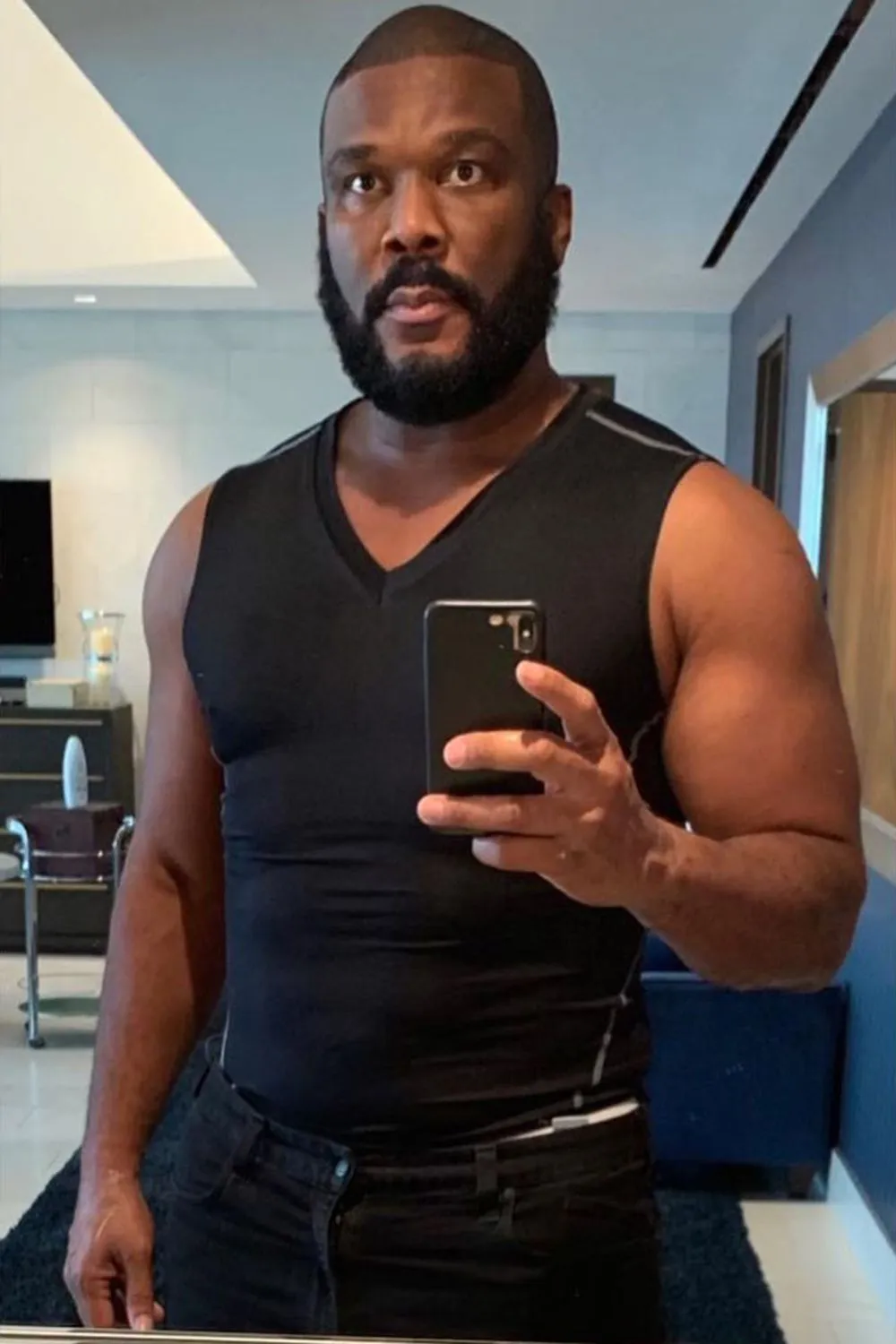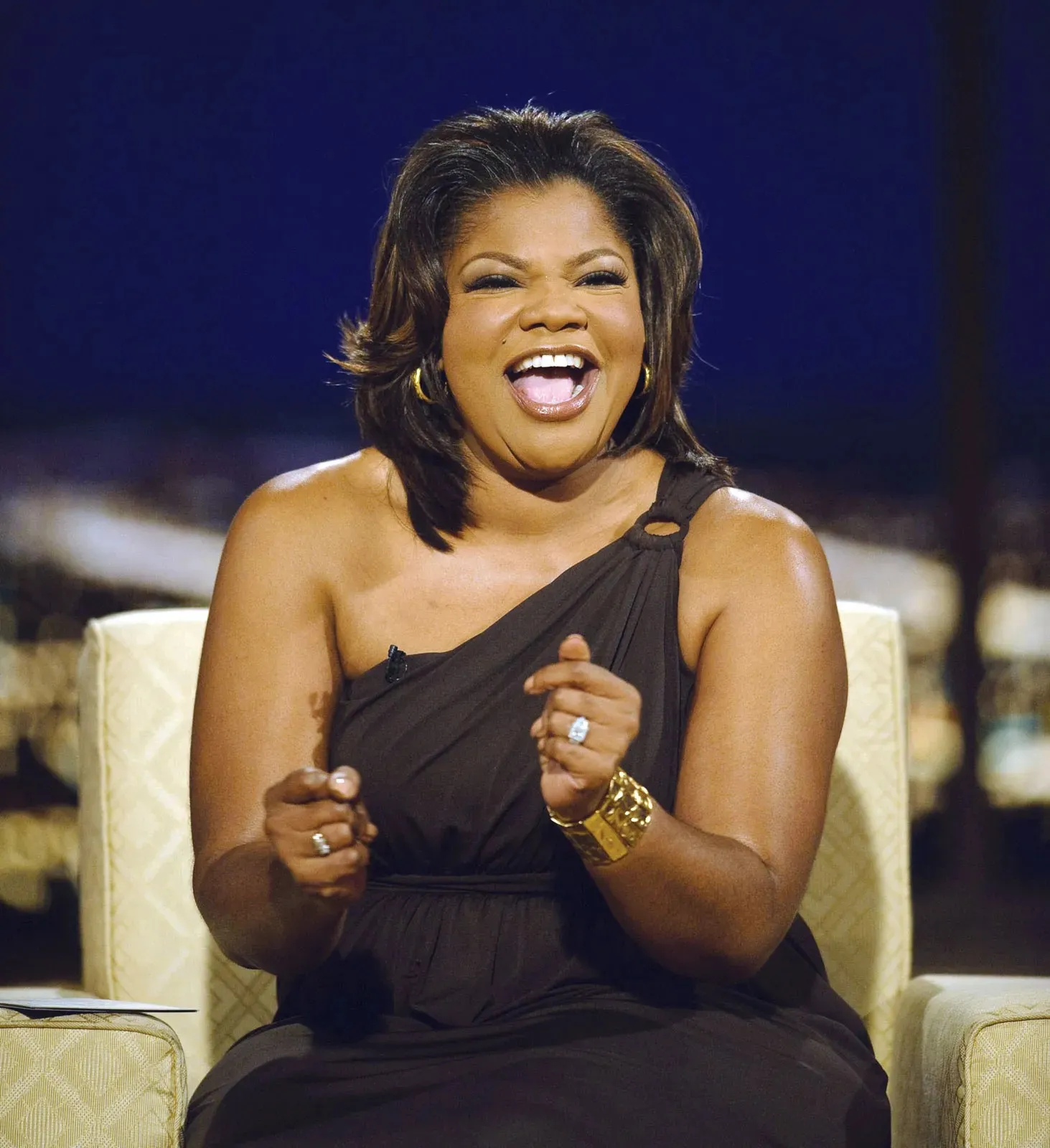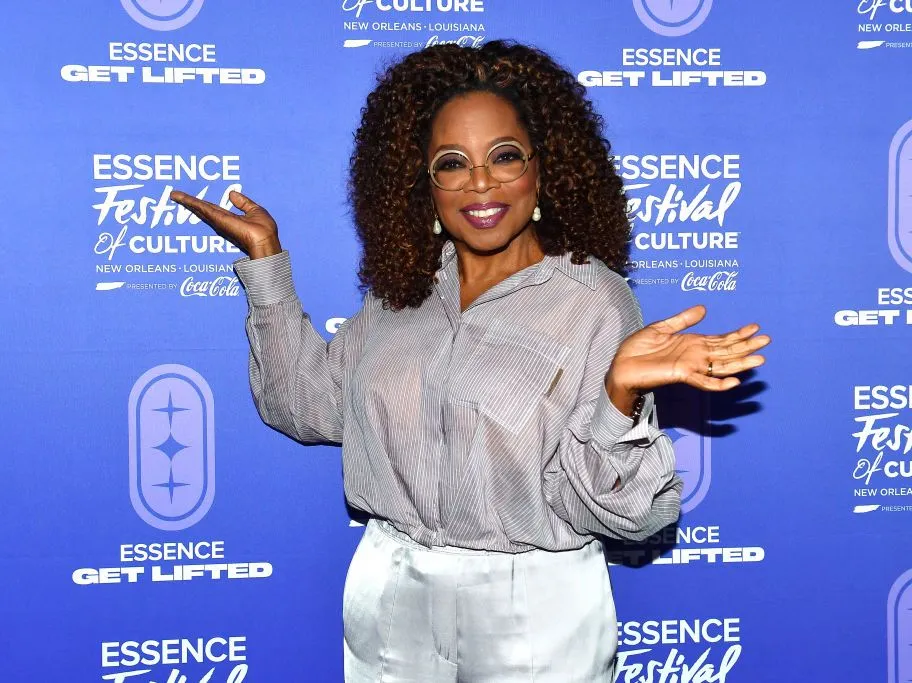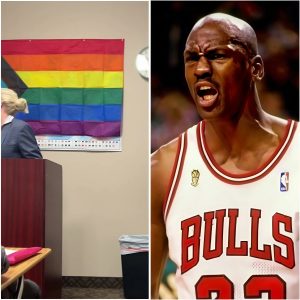Mo’Nique has recently intensified her public dispute with Oprah Winfrey and Tyler Perry, accusing them of undermining her career and perpetuating an exploitative environment in Hollywood that disproportionately impacts Black actors, particularly young and emerging talents. This feud began in 2009 after Mo’Nique’s acclaimed performance in Precious, a film produced by both Winfrey and Perry. Mo’Nique won an Oscar for her role, yet her refusal to participate in unpaid promotional events at places like the

Cannes Film Festival led to serious professional repercussions. She claims that, after declining these requests to prioritize her family, she was labeled “difficult” by industry elites, with Winfrey and Perry allegedly contributing to this reputation rather than supporting her. Mo’Nique asserts that these labels led to her being blackballed in Hollywood and sidelined for future roles, ultimately hurting her career.
In a series of recent public statements, Mo’Nique revealed her disappointment, particularly with Perry, who she claims initially offered a private apology, admitting she was treated unjustly. However, she alleges that Perry retracted his offer to apologize publicly, instead asking her to apologize to him and Winfrey. Mo’Nique’s criticisms go further, asserting that industry figures like Winfrey and Perry, despite advocating publicly for equity and empowerment, have failed to actively support those ideals, particularly in the context of Black women in Hollywood. She argues that, by allowing or even participating in Hollywood’s silencing of outspoken Black actors, they have indirectly contributed to a system that harms young Black talents seeking fair representation and equal pay.

Mo’Nique’s decision to publicly speak out about these grievances highlights her frustration with Hollywood’s power dynamics and what she sees as a double standard among its leaders. She questions why those with significant influence, such as Winfrey and Perry, don’t use their platforms more actively to support Black actors who are still struggling for fair treatment in the industry. Her outspoken stance has ignited a broader conversation about Hollywood’s ethical responsibilities, with increasing calls for transparency and support for Black actors who often face discrimination and limited opportunities.

The situation has resonated with fans and industry insiders who view Mo’Nique as a strong, uncompromising advocate for change in Hollywood. Many applaud her bravery, noting that her willingness to confront these influential figures may help pave the way for deeper discussions about systemic issues in the entertainment industry. Mo’Nique’s voice, amplified by her personal experiences, sheds light on the hardships Black actresses continue to endure, urging Hollywood to make meaningful changes that could create a more inclusive and equitable future for all actors.





